Many believe that plant-based foods can’t deliver enough protein to keep them fit and functional. But this is not the case. There are some steps you can take that will work towards boosting protein on a plant-based diet.
Several protein-rich plants provide the best protein sources for human bodies. However, protein-rich food ingredients may also boost protein in your plant-based diet.
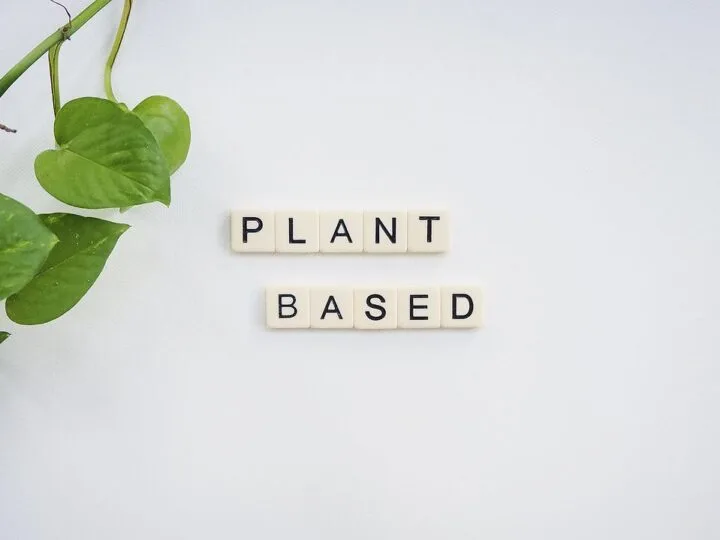
This article shares eight effective solutions for boosting protein on a plant-based diet. You will get an overview of which protein resources to count on and which not to.
So, get ready to make your next supper perfect with these tasty ideas.
Importance of Plant-Based Protein Intake
The plant-based diet is becoming more and more popular each year. Some people adhere to this diet for ethical reasons, while others do so to improve their health. Whatever the reason, it’s crucial to ensure you’re getting enough protein.
Protein is a nutrient that aids in the growth and repair of cells in our body, including muscle growth and repair. It’s also required for the production of enzymes and hormones.
As a bonus, protein is a filling nutrient, so including more in your diet can help control your appetite and prevent overeating.
If your diet is lacking in protein, you can experience some severe adverse health impacts including muscle loss, weakness, and exhaustion.
That’s why boosting protein on a plant-based diet is crucial. Beans, lentils, nuts, seeds, and tofu are a few plant-based protein sources. Get all the protein you require by including the following in your diet.
1. Add Lentils and Beans
In a healthy plant-based diet, lentils and beans are one of the best ways for boosting protein on a plant-based diet. They are high in protein as well as fiber and other minerals. But, how should you incorporate them into your meals? It’s relatively simple!
Starting with lentils or pulses, you may add them to soups and stews to boost protein and fiber. On the other hand, beans can be used as meat in meals like chili and tacos.
You may also make a simple lentil or bean salad by adding chopped veggies and a vinaigrette dressing. Add cooked lentils or beans to wraps or burritos for a filling meal.
However, make sure to prioritize red lentils in your meal plan as they are very much high in protein and serve better efficiency in decreasing protein deficiency.
2. Get Some Protein Powder
Another way of boosting protein in a plant-based diet is by getting some protein powder. Plant-based protein powder is an excellent choice for individuals looking for a vegan or vegetarian protein source. Protein powder can help you meet your protein demands while also helping you achieve your exercise objectives.
You can add protein powders to various dishes and drinks, including smoothies, shakes, and snacks. There are many different types of protein powder available, so you can find one that fits your dietary needs and preferences.
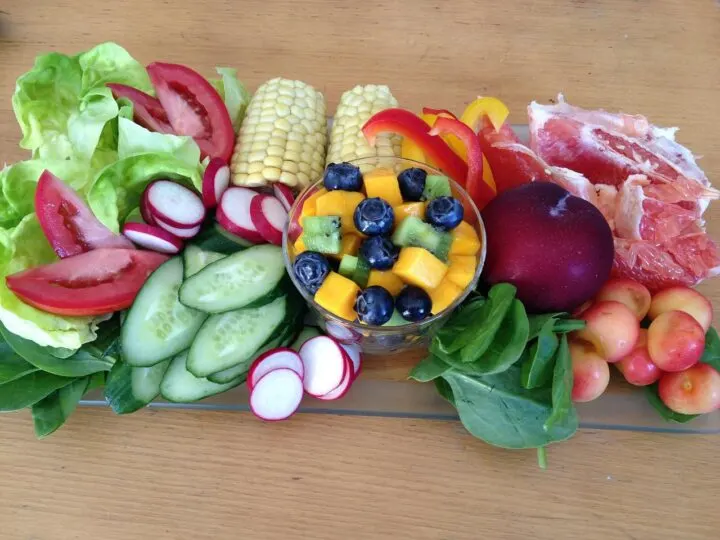
3. Protein-Rich Fruits and Vegetables
Protein-rich fruits and vegetables are another well-known way of boosting protein on a plant-based diet. They are packed with nutrients. Plus, they offer a variety of health benefits, including a healthy weight, building strong muscles, and recovering from exercise more quickly.
These fruits and veggies can ensure you’re getting all the protein you need. They’re also flavorful and simple to add to any meal. So, next time you’re at the grocery store, pick up some protein-rich fruits and vegetables to help boost your protein intake.
4. Load up on Nuts and Seeds
Nuts and seeds are excellent sources of protein that can be included in any diet. They’re also high in healthy fats, vitamins, and minerals, so they’re a perfect snack on the go. Here are some of our favorite nuts and seeds to load up on when you are working on boosting your protein on a plant-based diet.
Almonds: Almonds contain 6 grams of vegan protein per oz. They’re an excellent fiber, calcium, and vitamin E source.
Walnuts: Walnuts contain 2.5 grams of omega-3 fatty acids per ounce. They’re also a rich source of vegan protein, at 4 grams per ounce.
Flaxseeds: Flaxseeds are high in omega-3 fatty acids, which are healthy for protein synthesis, cardiovascular health, and cognitive function.
Pumpkin seeds: Zinc, magnesium, and iron are all found in pumpkin seeds. They’re also a good choice, including 5 grams of vegan protein per ounce.
Sunflower seeds: With 7 grams of vitamin E per ounce, sunflower seeds are a good source of vitamin E. With 6 grams of vegan protein per ounce, they’re also a good source of vegan protein.
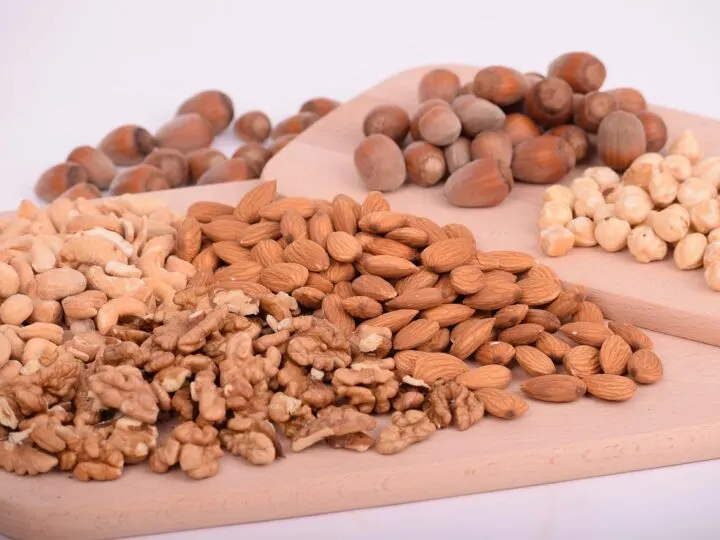
5. Include Whole Grain in Your Diet
Whole-grain foods are nutritious and delicious to fuel your body and help you stay healthy. They contain fiber, protein, and other nutrients to help you lose weight, lower your cholesterol, and reduce your risk of developing heart disease, diabetes, and a few types of cancer.
There are many delicious ways to include whole grains in your diet. Add them to your breakfast with a whole-grain cereal or oatmeal bowl. You may also have a whole grain sandwich for lunch. For dinner, try whole-grain pasta, rice, or quinoa instead of white rice.
So, when working on boosting protein on a plant-based diet, including whole-grain foods in your diet is a great place to start.
6. Try out a Protein Supplement
Plant-based protein supplements have numerous advantages. For one, it’s a great way to get additional protein if you’re not getting enough from your diet. It can also help you meet your protein needs if you’re trying to build muscle or lose weight.
Additionally, these supplements are typically lower in calories and fat than animal-based supplements, making them a healthier option.
So, if you want to add a protein supplement to your diet, consider a plant-based option. It’s a quick and healthful method of boosting protein on a plant-based diet.
7. Add Spirulina and Tofu
Spirulina and tofu are two of the world’s most protein-dense foods. Including them in your diet can have a significant positive impact on your health. Here are just a few of the many benefits of including spirulina and tofu in your diet:
- Spirulina is filled with protein, vitamins, and minerals.
- Tofu is a high-protein, plant-based food that contains various other nutrients.
- Spirulina and tofu are rich in antioxidants, which can help protect your cells from damage and reduce your risk of disease.
- Spirulina and tofu can aid digestion and boost stability when included in your diet.
- These foods are also an excellent way to increase your healthy omega-3 fatty acids intake.
8. Cook Varieties of Plant-Based Protein Recipes
There are some practical recipes that you can include in your daily meal routine to boost protein in your plant-based diets.
Some of our favorite plant-based protein recipes include black bean burgers, lentil soup, quinoa chili, chickpea curry, eggplant parmesan, vegetable stir-fry, and edamame hummus.
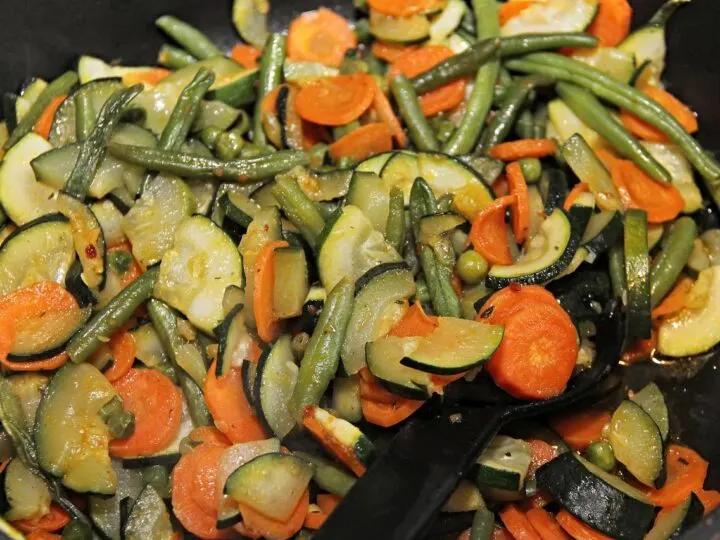
Common FAQs About Boosting Protein on a Plant-Based Diet
Below are some of the most common questions about plant-based diets and protein.
1. Can you get all the protein you need from a plant-based diet?
You can get all the essential protein intake with the right protein-based plants. They are considered the best resources for proteins in plant Spirulinaets.
For example, soybeans and quinoa are filled with protein nutrient that makes them fully efficient as a protein-based plant. Experts suggest including these ingredients in various plant-based recipes to increase the protein essentials.
2. What is the richest source of plant protein?
There are many sources, including tofu, soybeans, quinoa, spirulina, lentils, almonds, peanuts, etc. You may also try animal-based foods like meat, dairy, eggs, etc. They make the best source of proteins.
However, counting on nuts, seeds, lentils, tofu, and even some supplements or powder for plant-based proteins is best. They will boost your diet with all the amino acids needed for protein intake.
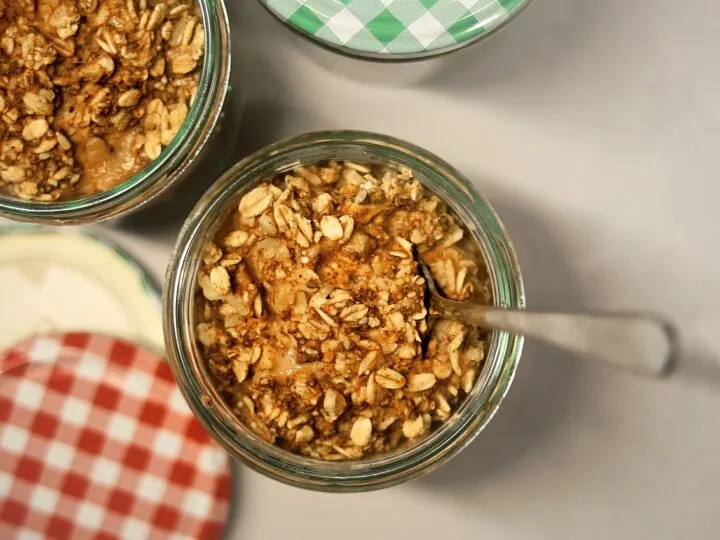
3. Is peanut butter and oatmeal a complete protein?
Yes. Peanut butter is filled with monounsaturated fats that decrease our cholesterol levels. They include all the essential amino acids to ensure our correct body functionalities.
Oatmeal is a complete grain with a high fiber content that might aid digestion. Together, these two foods make a nutritious and filling breakfast or snack.
4. What are the symptoms of protein deficiency?
The symptoms of protein deficiency can be both physical and mental.
On the physical side, protein deficiency can lead to fatigue, muscle weakness, and fluid retention. You may also experience hair loss, cold intolerance, and slowed wound healing. Mentally, protein deficiency can cause depression, anxiety, and irritability.
Consult your doctor if you suspect you are protein deficient. A blood test can be ordered to monitor your protein levels and ensure you’re getting enough nutrients.
5. How can I get 50g of protein a day?
An easy way to get 50g of protein daily is to drink two protein shakes, each with 25g of protein.
Another way to get your daily intake of protein is to eat four meals, each with 12.5g of protein. For example, you could have eggs for breakfast, a chicken salad for lunch, a salmon steak for dinner, and cottage cheese for snacks.
You may also consume supplements for quick progress. For example, you could take a protein powder or add protein-rich foods to your diets, such as nuts and seeds.
Conclusion
In order to improve your health and fitness levels while on a vegetarian diet, it’s important that you are getting enough protein. The above tips for boosting protein on a plant-based diet will help ensure you are getting enough protein in your diet.
These meals are full of flavor and nutrition and will delight your stomach. So, whether you’re a vegan or just want to eat more plant-based cuisine, including these foods in your recipes are a great idea!
